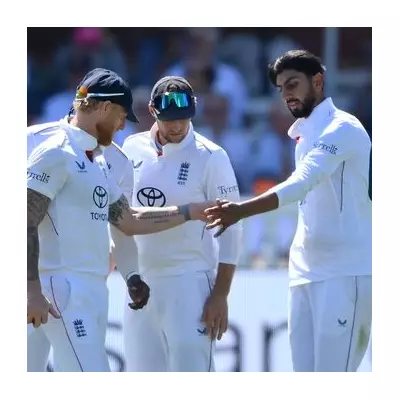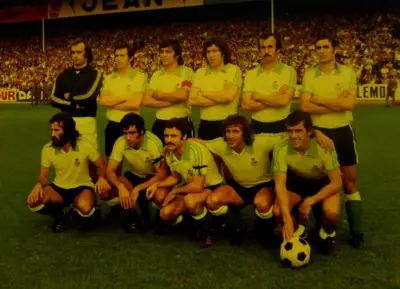
European football is bracing for a significant regulatory overhaul as UEFA prepares to rip up its long-standing Champions League squad rules. The governing body is set to abolish the specific quota for 'club-trained' players, a move that will fundamentally change how managers construct their squads for Europe's elite competition.
The current regulations, which have been a point of contention for many top clubs, require teams to include at least eight 'homegrown' players in their 25-man Champions League squads. Within this eight, a minimum of four must be 'club-trained' – players who spent at least three years between the ages of 15 and 21 at the club.
Simplifying the System for Elite Clubs
The proposed change, expected to be introduced for the 2024/25 season, will simplify the criteria. Instead of the two-tiered 'homegrown' and 'club-trained' system, UEFA will reportedly mandate a straight requirement of eight homegrown players. This broader definition encompasses any player trained for three years by any club within the same national association before turning 21.
This shift is a major victory for powerhouse clubs like Chelsea and Manchester City, who have often struggled to meet the strict 'club-trained' criteria despite having squads filled with talent. The change acknowledges the modern reality of player development and recruitment at the highest level.
Implications for Premier League Giants
The Mirror's report highlights how this will directly benefit English clubs competing in Europe. Chelsea, for instance, has historically faced challenges naming a full complement of club-trained players, often leaving valuable squad spots vacant.
This regulatory easing provides managers with greater flexibility and removes a potential competitive disadvantage, allowing them to focus on assembling the strongest possible squad without being hamstrung by specific development criteria.
While the core homegrown player principle remains intact to protect and encourage youth development, this pivotal amendment modernises the rules to better reflect the globalised nature of top-tier football. The upcoming Champions League campaign is set to look very different behind the scenes as a result.





